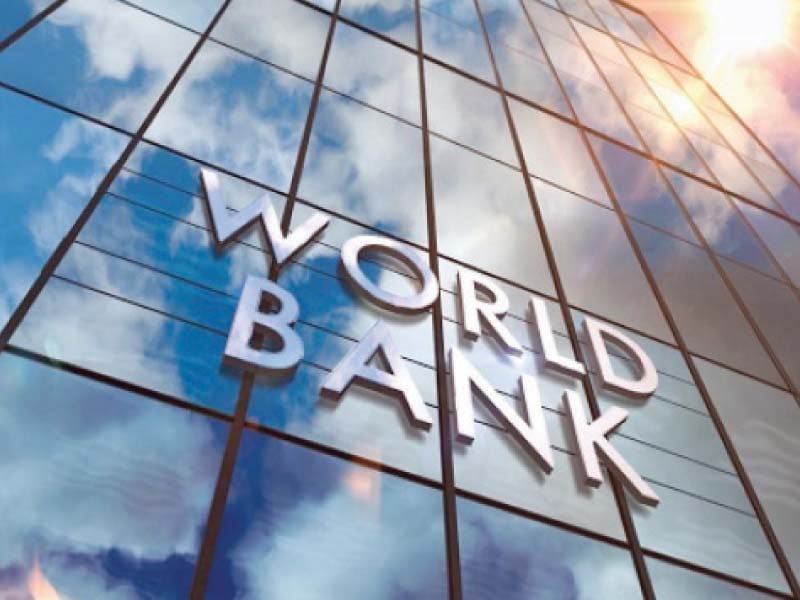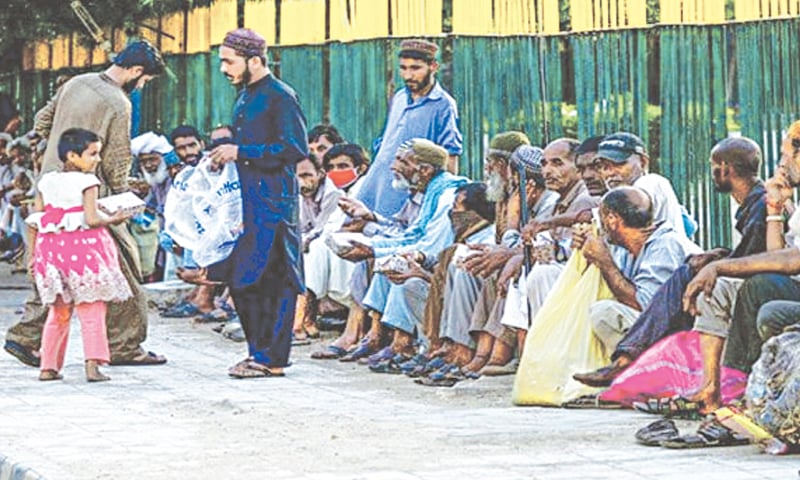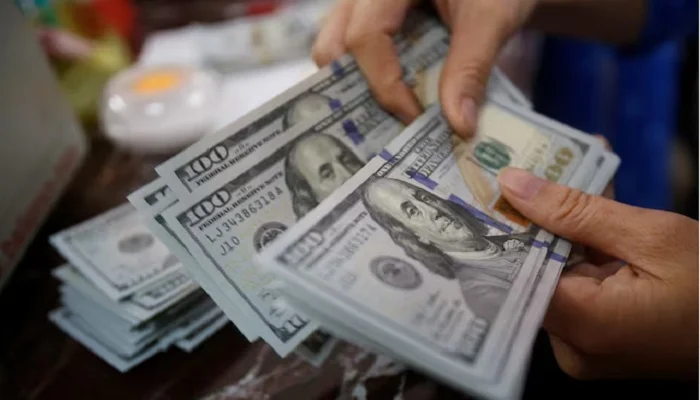Published in Express Tribune on October 23, 2023
KARACHI: As the western hemisphere felt the excitement of the annular solar eclipse in October, the World Bank was circulating its 2023 edition of Pakistan’s fiscal performance.
Like a child knowing he had not passed every test, we sheepishly accepted our report card from a disappointed teacher. Like a mixed bag of goodies, it had material to reflect on and points to feel good about.
Unsurprisingly, Pakistan’s performance is recorded as average, with concerns for its future economic stability and sustainable development running high.
The report identified domestic prices, exchange rate, fiscal balance, foreign exchange reserves, domestic political uncertainty, catastrophic flood, energy and food crisis, amidst surging world commodity prices, and global monetary tightening as the villains that stand between a great nation and her great aspirations.
Its statistics intimate that import bans on manufacturing critical components, downgraded creditworthiness, Covid effects on international trade, Ukraine war and inflated debt repayments were further striking down public’s confidence in their economic and political contentment. This was on top of a recent statement by UN Resident Coordinator to Pakistan Julien Harneis that Pakistan may not be able to achieve its Sustainable Development Goals by 2030.
No report is complete without some statistics and numbers to tell the story. This latest review had a few to look at. In terms of Pakistan’s overall performance, the figures do not garner confidence.
Since 2018, the fiscal outlook has not been very flattering for the federal government’s performance and policies. It is the year when not only did Pakistan’s economic performance start a downward trend but also the period when we committed to the overambitious sustainable development goals that we could never have been reasonably expected to achieve.
In 2018, Pakistan signed the UN Sustainable Development Framework (UNSDF) Programme III – OP III). This had 17 goals that had to be achieved and was an ambitious target that the then government signed off on.
Insofar as a disappointed teacher goes, there was clearly no reflection made on ‘reasonably’ expecting Pakistan to be able to gear up, let alone finish this allocated homework; adequate assistance totally ignored. The final verdict stated that Pakistan lacks economic and political confidence to the dismay of its people.
Before getting lost in statistical data, one must acknowledge that such reports are snapshots in time; they do not reveal the journey and the human endeavour that stopped this tsunami from delivering a worse fate.
Else, it would have referred back to a point in time whose absence would have left a nation reeling in anguish and hopelessness today. This moment in time was April 2010, when the then president of Pakistan Asif Ali Zardari approved and signed the 18th amendment. As much as he wanted to make this a step forward for democracy, even he could not have envisaged the year 2023 marred with the aftershocks of Covid and the devastating floods that came soon after.
The key highlights of this amendment and saving grace for Pakistan in view of all the above-mentioned challenges were the following:
1, Removed the president’s power (in essence his own power) to dissolve parliament
2, Devolved federal government responsibilities to provincial and local governments
3, The Council of Common Interests (CCI) was reconstituted
4, Strengthened the National Economic Council (NEC)
5, Restructured the National Finance Commission (NFC) Award
6, The appointment procedure of senior judges to be recommended by an independent judicial commission
7, Chief election commissioner to be appointed in consensus with the opposition and the treasury
8, Recognised children’s rights and the provision of free and compulsory education to all children up to the age of 16
As such, out of all other provinces, Sindh finds some rays of light in this dark cloud. While Sindhis are not exempt from the overall downward spiral in sentiment of the nation, they still came out comparative winners at the end of this.
Reports are viewed in par with real life incidences and through that spectrum Sindh has outperformed all other provinces, mainly due to the stabilising and progressive measures successfully delivered by the PPP government.
The World Bank report blanket covers the performance of all political parties from a generic perspective. It is like failing an entire class just because some of the students’ underperformance.
The UN acknowledges Pakistan’s successful fiscal decentralisation model being in line with international best practice model of proven implementation (UNDP 2015a, 2015b), the foundation of which was laid by then president Asif Ali Zardari’s signing of the 18th amendment.
The CCI got a good score as well as NEC and NCP on account of their prominent and effective roles, in the absence of which Sindh could not have come out of the pandemic, the floods and the otherwise mismanagement at federal level.
The devolution of authority and responsibility approved in the 18th amendment allowed the Sindh provincial government to mitigate some of the risks posed by the federal-level misgovernance and contrademocratic behaviour of each successive prime minister since Zaradari’s presidency. This saw PPP deliver critical services to Sindh despite odds more heavily stacked against them than any other province.
The report covers the era where Sindh faced multiple challenges. These included but not limited to:
1, Unfair distribution of publicly collected taxes with money going out of Sindh to be redistributed across other provinces
2, Years of federal government neglect in fair governance policy that ultimately the 18th amendment aimed to curb
3, Import restrictions, as announced in 2018, that caused a huge production decline due to lack of production-critical import components
4, The education curriculum disaster due to bad planning at the federal level that also started in 2018 by the then PTI government (rejected by PPP provincial government)
5, Unsustainable fiscal decisions of 2018 that gave out rebates on fuel and energy consumption
6, The Covid pandemic that further impacted trade and supply of goods and services
7, The Ukraine war that further impacted food and fuel prices
8, The devastating floods that saw much of Sindh underwater
Despite all these difficulties, Sindh still holds a better report card than the rest of Pakistan, boasting higher numbers of literacy in school graduates at 44% due to the PPP compulsory education mandate.
In the area of health, Sindh has fared better as a result of devolution of federal powers that allowed the provincial government to better manage the flood victims in supporting them back to normality.
In terms of political stability, the rollback of presidential powers in dissolving assemblies took Pakistan away from a semi-presidential system to a parliamentary republic; the absence of which would have put Pakistan in an irrecoverable spiral in the events that took place in the 2022 no-confidence motion against the then prime minister Imran Khan.






